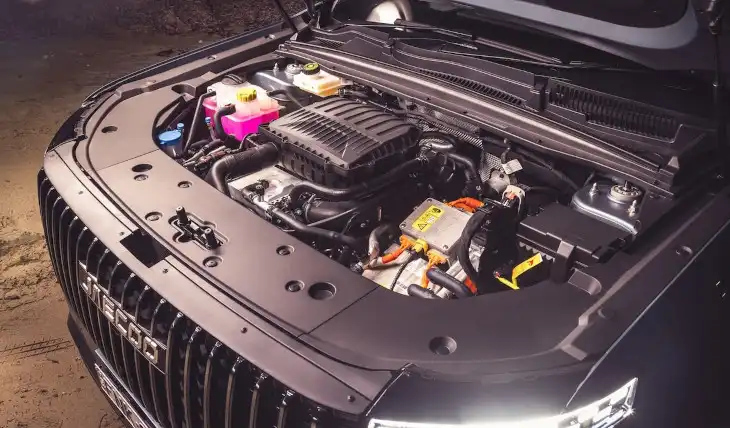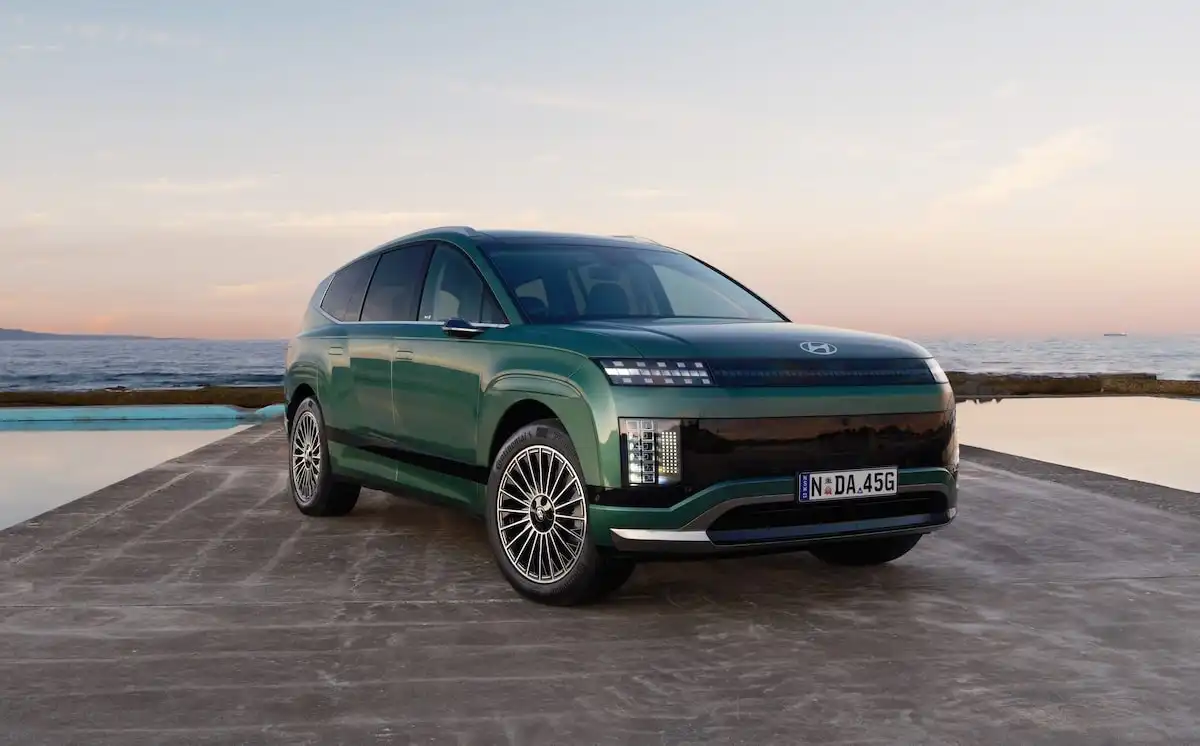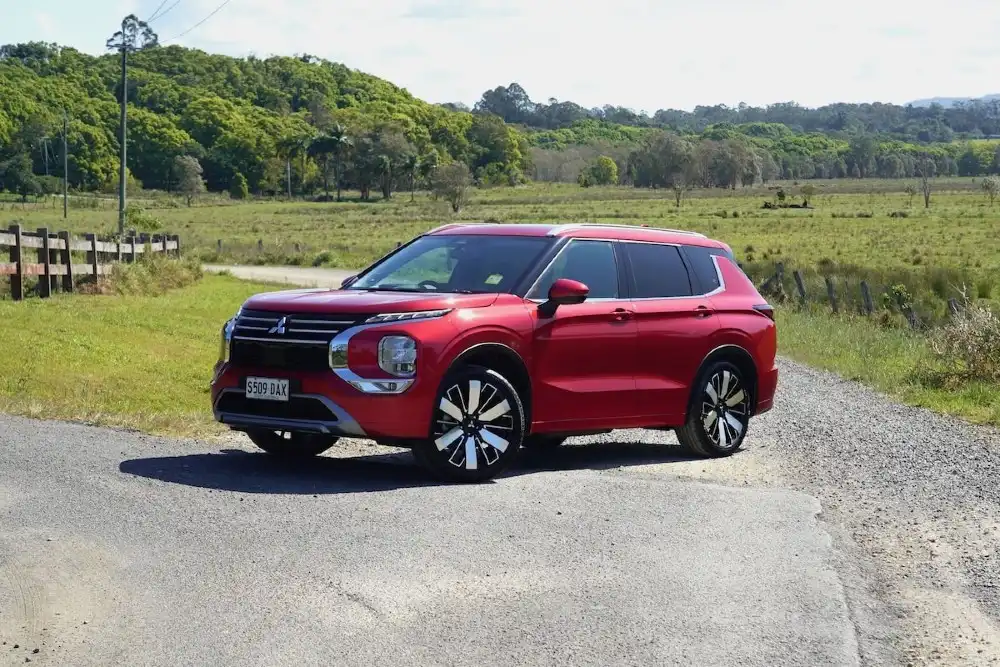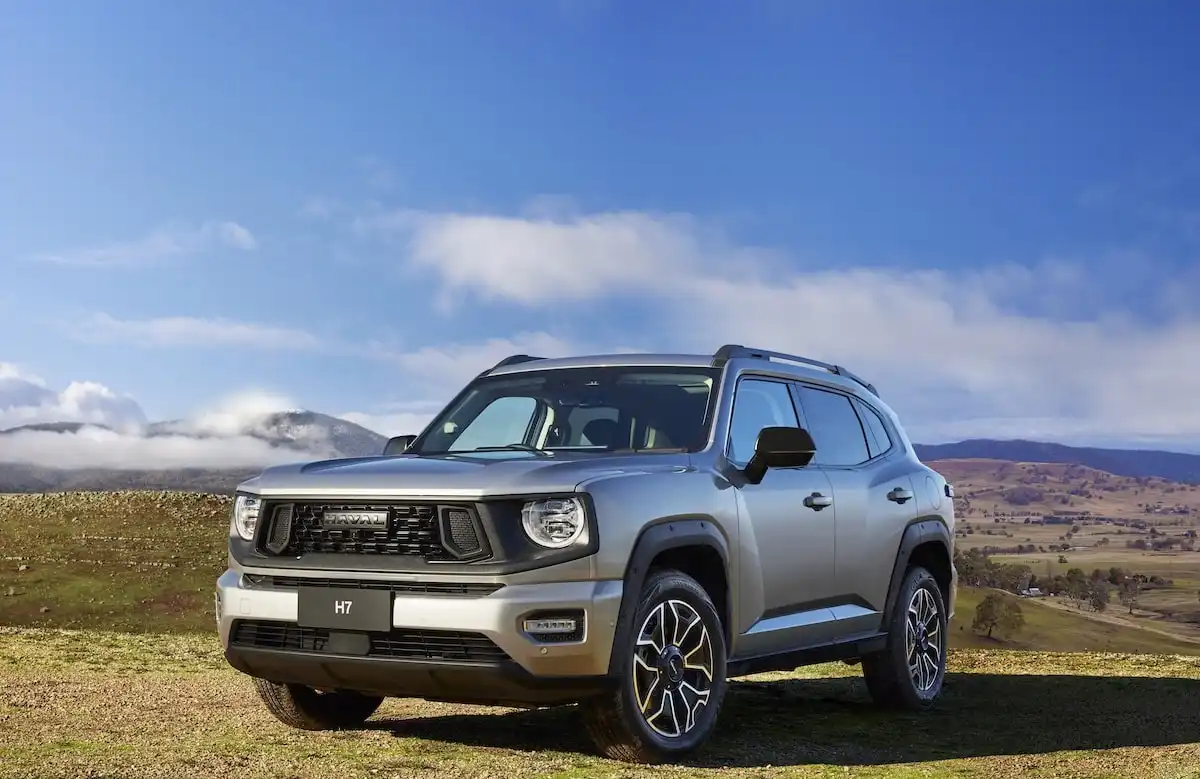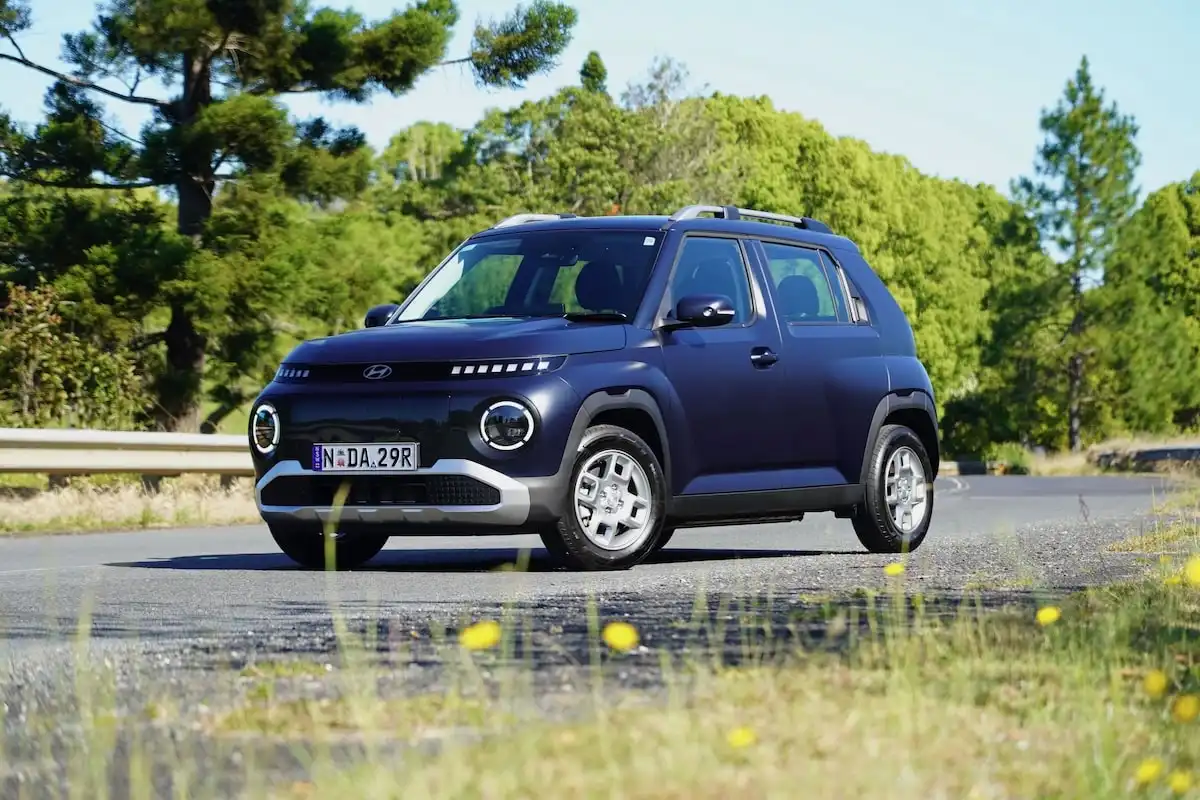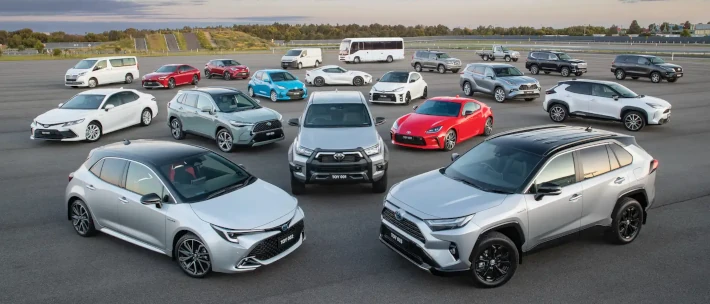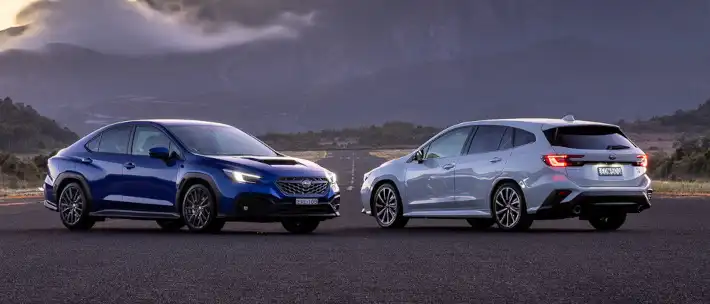You’re not alone - with fuel economy remaining one of the highest priorities for new-car buyers, right alongside practicality, safety and reliability in the family SUV segment.
Achieving fuel-efficiency in the family-friendly segment is no easy feat, with manufacturers forced to walk the tightrope between offering a large, practical cabin while ensuring the engine doesn’t drink too much fuel.
Thankfully, in 2025, buyers have no shortage of options that offer both family-friendly practicality and frugal fuel efficiency, which is exactly what we’ll be unpacking today.
Join us as we take a look at the most fuel-efficient options in the small, medium and large SUV segment, as well as a look at the best plug-in hybrid family SUVs on sale in 2025.
The Most Fuel-Efficient Small SUVs for Families
While small SUVs aren’t the most conventional pick for family buyers, their user-friendly nature around town and reasonable rear cabin accommodation mean they can handle young kids without much of a problem.
Some of the most fuel-efficient options in the small car segment include the ever-popular Toyota Yaris & Corolla Cross, Hyundai Kona, MG ZS Hybrid, Honda HR-V.
-
Toyota Yaris Cross - 3.8L per 100km
-
Lexus LBX - 3.8L per 100km
-
Hyundai Kona Hybrid - 3.9L per 100km
-
Lexus UX - 4.2L per 100km
-
Toyota Corolla Cross - 4.3L per 100km
-
Honda HR-V e:HEV - 4.3L per 100km
-
MG ZS Hybrid - 4.7L per 100km
-
Nissan Qashqai e-POWER - 4.8L per 100km
-
GWM Haval Jolion - 5.1L per 100km
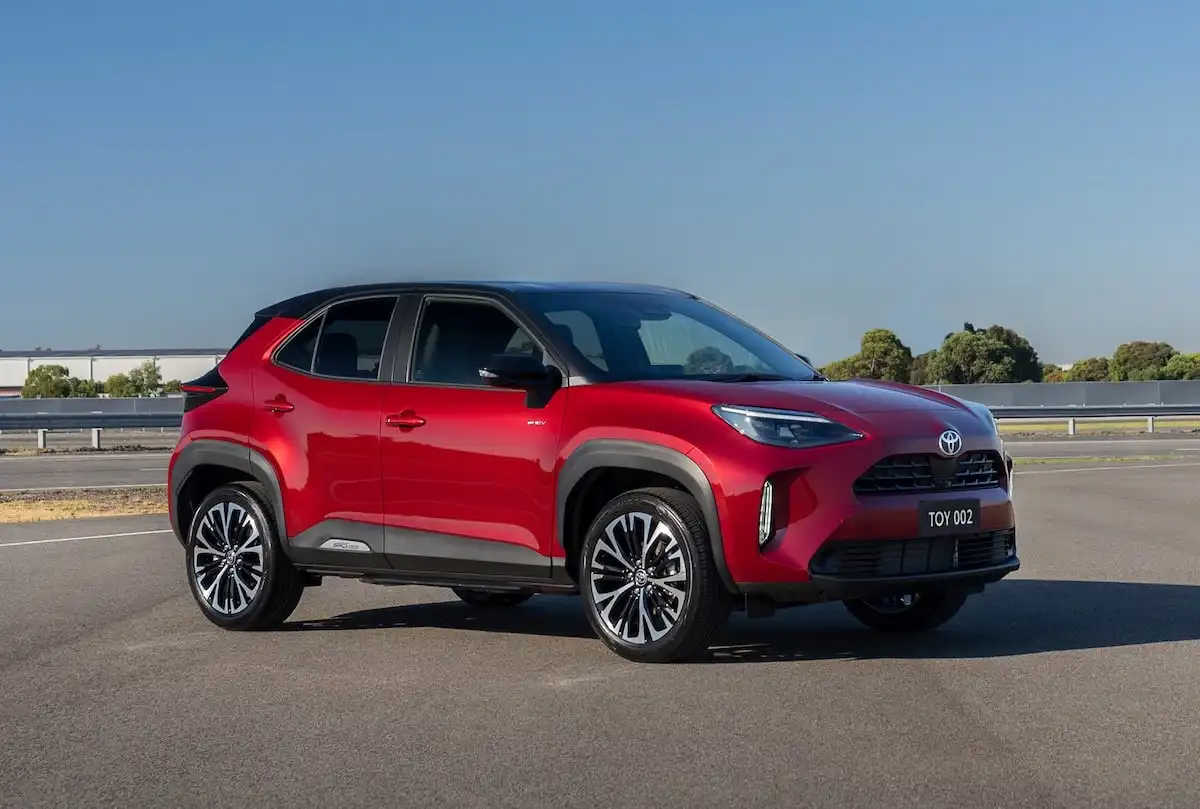
Get in touch with one of our Car Buying Specialists today.
Request a quoteThe Most Fuel-Efficient Midsize SUVs for Families
Toyota RAV4 enjoyed a long, unchallenged reign as the undisputed king of family-friendly efficiency in the midsize SUV segment, though its competition is boiling over in 2025.
With their larger, more practical cabins, medium SUVs are one of the most popular family chariot options for Aussie families, with no shortage of fuel-efficient options hoping to snatch the throne from Toyota.
Some of the best, fuel-efficient options in the medium SUV segment include the Toyota RAV4, Audi Q5, Kia Sportage, Hyundai Tucson, GWM Haval H6, Lexus NX, Honda CR-V and the e-POWER version of the Nissan X-Trail.
-
Toyota RAV4 - 4.7L per 100km
-
Audi Q5 - 4.8L per 100km
-
Hyundai Tucson Hybrid - 4.8L per 100km
-
Kia Sportage HEV - 4.9L per 100km
-
Lexus NX - 5.0L per 100km
-
GWM Haval H6 Hybrid - 5.2L per 100km
-
Honda CR-V e:HEV - 5.5L per 100km
-
Peugeot 5008 - 5.8L per 100km
-
Nissan X-Trail e-POWER - 6.1L per 100km
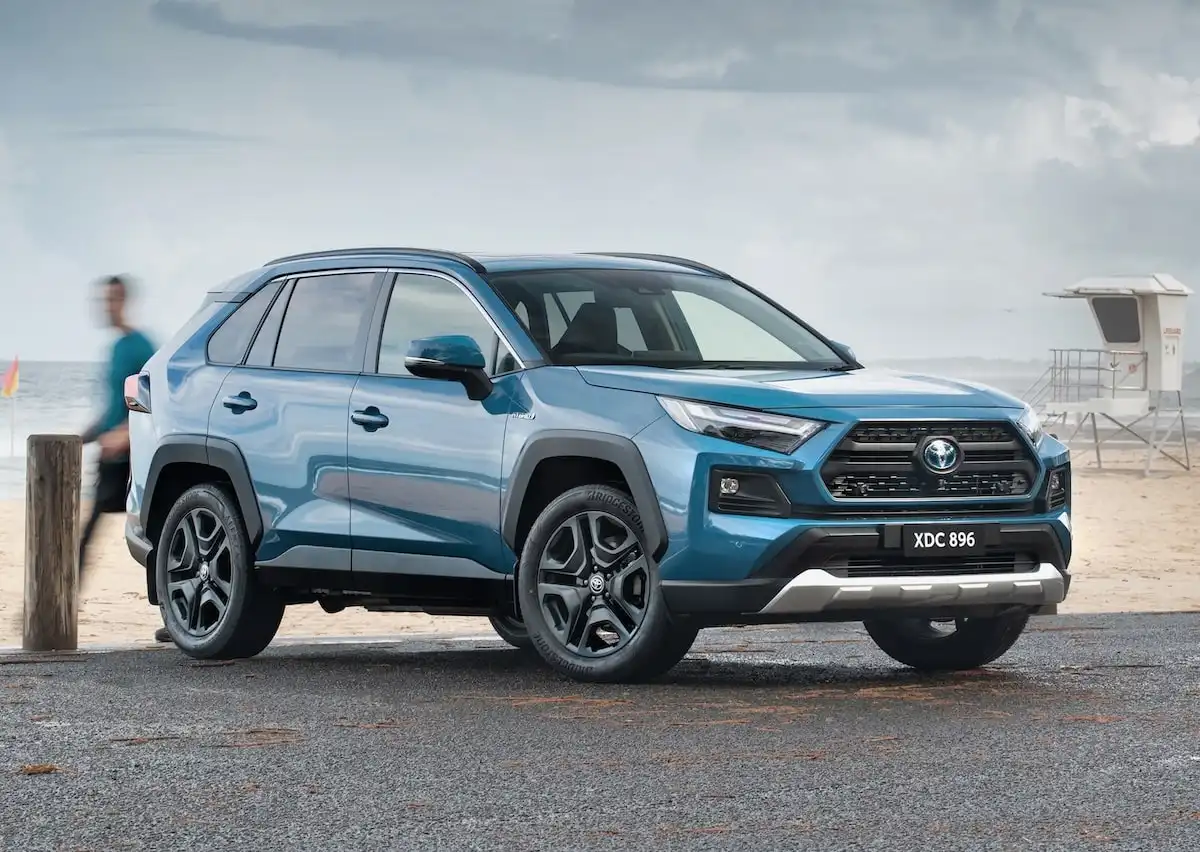
The Most Fuel-Efficient Large SUVs for Families
If you’re looking for a big, seven-seat SUV package for the whole family that doesn’t cost a fortune to run, you’ll want to pay attention to the following vehicles.
With the help of either a petrol-electric hybrid unit or an efficient turbo-diesel, these large SUVs stand up to the family challenge while remaining responsible drinkers.
Some of the most fuel-efficient large SUVs currently on sale in Australia in 2025 include the:
-
Lexus RX - 5.0L per 100km
-
Kia Sorento - 5.4L per 100km
-
Mazda CX-70 D50e - 5.4L per 100km
-
Hyundai Santa Fe - 5.6L per 100km
-
Toyota Kluger - 5.6L per 100km
-
Ford Everest - 7.1L per 100km
-
Hyundai Palisade - 7.3L per 100km
-
Isuzu MU-X - 7.4L per 100km
-
Skoda Kodiaq - 7.5L per 100km
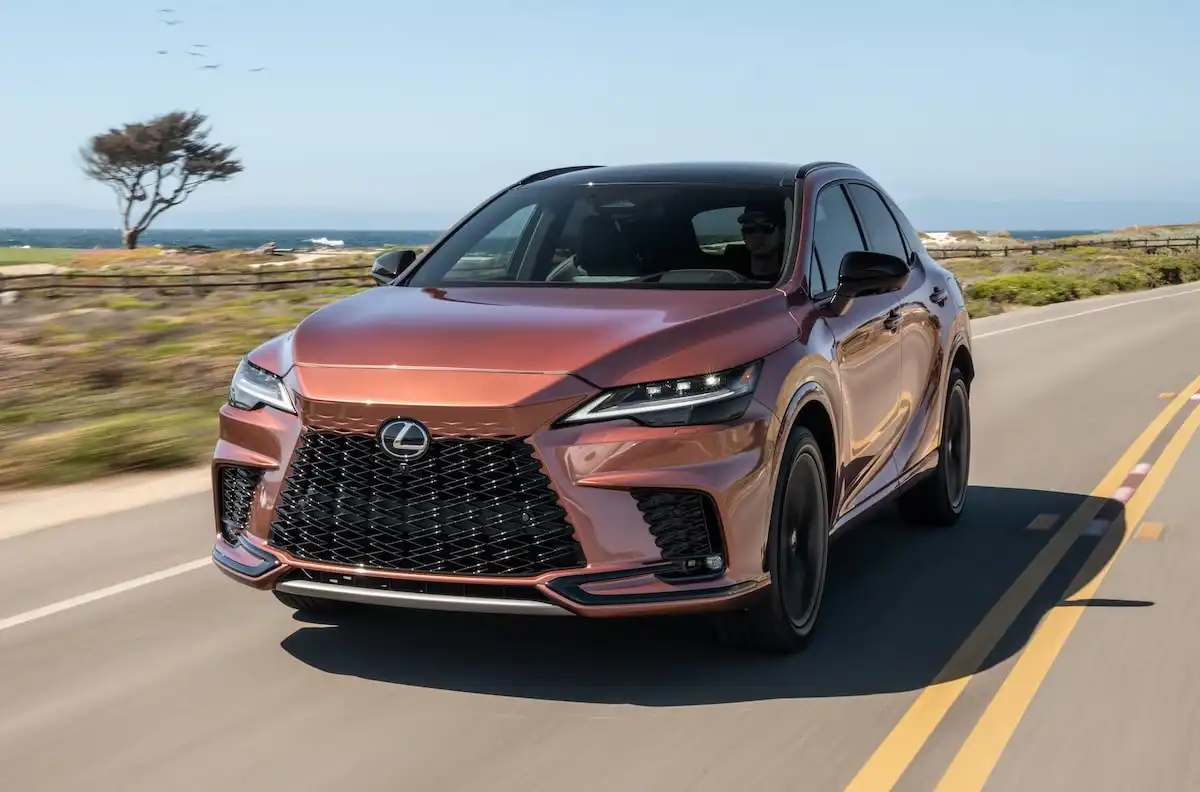
The Most Fuel-Efficient Plug-in Hybrid (PHEV) SUVs
We’ve given plug-in hybrid SUVs their own section on our list because it’s not a totally fair comparison between a PHEV and a more conventional hybrid SUV.
Plug-in hybrid SUVs offer incredible fuel economy figures when their onboard batteries are charged and can drive considerable distances on electric power alone, presenting buyers with a particularly refined family vehicle.
Some of the best and most fuel-efficient family SUVs with a plug-in hybrid powertrain include the Volvo XC90, Mitsubishi Outlander, Mazda CX-60, BYD Sealion 6, MG HS Plus EV, BMW X5, GWM Haval H6 GT and the Lexus NX.
-
BYD Sealion 6 - 1.1L/100km (92km EV range)
-
Lexus NX 450h - 1.3L/100km (81km EV range)
-
Leapmotor C10 - 1.5L/100km (170km EV range)
-
Mitsubishi Outlander - 1.5L/100km (84km EV range)
-
Kia Sorento PHEV - 1.6L/100km (68km EV range)
-
Volvo XC60 T8 Recharge - 1.6L/100km (90km EV range)
-
Range Rover PHEV - 1.6L/100km (113km EV range)
-
MG HS Plus EV - 1.7L/100km (52km EV range)
-
Volvo XC90 T8 Recharge - 1.8L/100km (90km EV range)
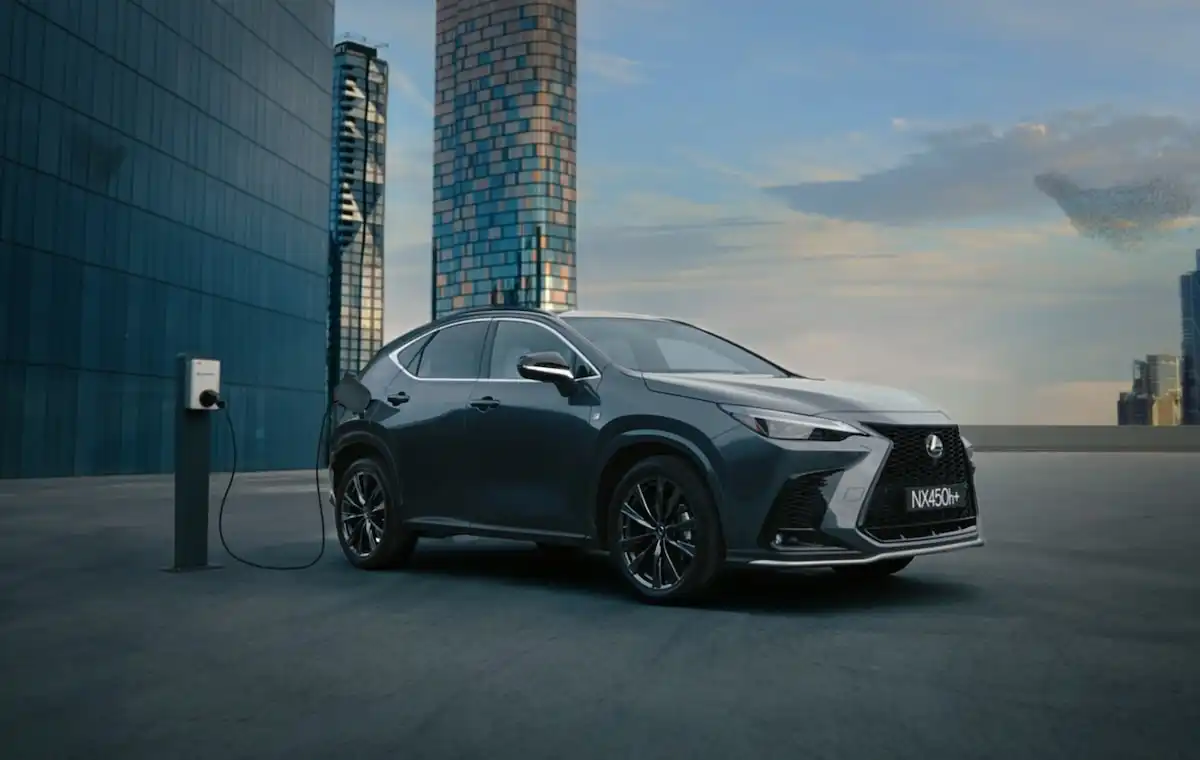
FAQ: Why are Fuel Economy Figures so Low for a Plug-in Hybrid PHEV SUV?
You might have noticed some barely-believable fuel economy figures for the plug-in hybrid (PHEV) members of our list.
Accurate fuel economy figures for a PHEV are difficult to obtain because there are actually some flaws when it comes to how fuel economy is measured for a plug-in hybrid vehicle. With the battery charged, these figures are indeed very possible to obtain, although once the battery is depleted, fuel usage rises dramatically, hence why we separated them from more conventional hybrid SUVS on our lists above.
FAQ: What is the Most Fuel Efficient Family SUV in Australia?
As we’ve discovered, the most fuel-efficient family SUVs currently on sale in Australia are the models powered by a hybrid engine, as the electrical assistance from the e-motors takes the strain off the internal combustion engine and improves fuel economy figures.
While there are no doubt flaws in how fuel economy figures are accurately measured for plug-in hybrid engines, they remain the most fuel-efficient option, particularly for models fitted with a large onboard battery pack that can provide electrical assistance for a longer period of time. To achieve these class-leading economy figures, though, you’ll need to ensure the battery is fully charged each time you set off for a trip.
Request a Quote
Our team of car-buying experts is ready to help find you the best possible price on your next car - reach out today.
Get in touch with one of our Car Buying Specialists today.
Request a quote